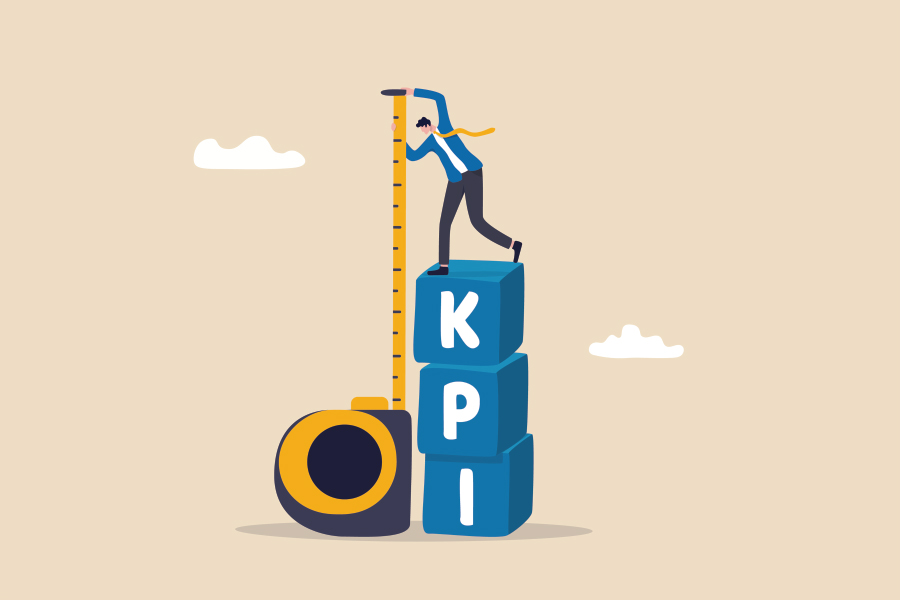On August 2, Business Travel Executive and The Company Dime presented the third in the BTE Town Hall series, a virtual LinkedIn Audio event created to give voice to the role of travel buyers in the industry.
In this BTE Town Hall, Mark Windsor, global procurement program manager at telecom equipment company Infinera, and David McDonald, director of procurement and travel at law firm Morgan, Lewis & Bockius, joined The Company Dime’s Jay Campbell to discuss the importance of travel buyer/supplier relationships in the midst of a shifting corporate landscape.
Several forces at play in the market challenge travel procurement departments to adapt or hold a hard line. Recent commentary from some supplier executives suggests a perception that purchasing managers lost their influence and individual business travelers have more discretion than ever in choosing their preferred airlines and hotels. Many travel buyers don’t see it that way.
Another part of what airlines and hotels call a changed landscape is the smaller piece of the overall pie represented by managed corporate travel. Hotel companies, for example, say their mix slants more toward leisure, small business, meetings and groups – and less toward transient corporate business – compared with before the pandemic. Large corporate business is less reliable and, in some ways, less lucrative in today’s market. This portends potentially difficult corporate rate negotiations for 2024.
In the airline industry, executives at American in late 2022 and then United this summer talked up the power of the individual corporate traveler in an altered business travel environment. They asserted that corporate purchasing pros and policies no longer determined which carriers to fly on. It’s about the product, the network and the loyalty program.
“This change in consumer behavior locked in during the pandemic and now seems irreversible,” said United Airlines chief commercial officer Andrew Nocella.
But most individual business travelers always had a say in which airlines they flew. Corporate policies and cultures still have influence, according to travel managers. Buyers don’t agree that there’s a permanent change in supplier relationship management.
Supplier relationships in the travel category have “become interesting in the last few months,” said Mark Windsor, global procurement program manager at Infinera. He cited reductions in account management resources and evolving airline distribution models that, in his mind, only complicate commercial relationships.
“We wind up with account management by committee or have an account management desk,” Windsor said. “It’s kind of an odd situation that we find ourselves in without having a relationship per se with an individual at a carrier.” He said the same can be true at hotels, “and that is unique in my experience within the travel industry.” In other purchasing categories, when all things are equal between two vendors responding to an RFP, he said, “every single time the award of the contract is going to the company that we have the relationship with.”
Windsor speculated that airlines made financial decisions around account management that they thought were in their best interests. The same can be said of airline distribution evolution, he said. Part of the idea is to sell new fare types and product bundles, which airlines say have been held back by limitations in legacy indirect channels. With new communications standards, they seek to remove the constraints, personalize offers and create tighter connections with the individual consumer.
David McDonald, director of procurement and travel at Morgan, Lewis & Bockius, said he had yet to explore negotiated airline product and service bundles. “I get it from the supply side – it probably will generate additional revenue – but it does create lots of complications” for lowest-logical fare policies, reimbursement allowances and cost benchmarks, he said during the Town Hall. “I don’t necessarily believe that more choice leads to greater satisfaction in everything we do. I am not sure it all blends so nicely into the corporate market.”
For Windsor, it gets into a trust issue. Others in the supply chain are held accountable for errors; why not in travel? “One example may be on-time performance for airlines,” he said. “It might be something related to how safe a hotel is.” The danger in airlines implementing their New Distribution Capability is buyers losing transparency and therefore trust in how things work, most notably in maintaining duty of care.
Travel booking and everything associated with it is “already a complicated process and [NDC] seems to complicate it even more,” Windsor said. “That transparency going forward is going to be absolutely critical to the negotiation and performance of a contract, and the concept of what airline is considered preferred.”
One-to-one relationships between suppliers and travelers can benefit individuals if it means perks or conveniences, but companies still have other reasons to establish and maintain preferred arrangements. For many, costs are a pressing matter after a period of business travel recovery. Strong policy compliance is important at many companies for economic reasons and to better track employees. Senior executives expect plenty of reporting showing how travelers are getting the job done without incurring unnecessarily high expenses.
With all that in mind, McDonald didn’t buy the argument that influence over travel purchasing decisions had shifted in any noticeable way. “We have heard for many years that we should put the traveler at the center of everything we do,” he said. While that’s important, it’s just one consideration, along with “the policies and culture of the organization. When you think, ‘Manage policy, behavior and performance’ relative to the travel category, it is a combination of feedback from the travelers, oversight,” the travel management team’s control over the process and, “ultimately, at the top of the food chain,” the budget owner. “There still is policy to be crafted, controls to be met and a reimbursement process that needs to be fulfilled.”
And companies will always want preferred pricing. They have challenges, but professional business travel buyers and managers aren’t going extinct, according to the Town Hall speakers.
“I don’t see a long-term loss of travel managers for large and medium-sized companies,” Windsor said. “My current position is another example of that. My job got was created because the travel program got too complicated. They decided they wanted someone who knew more about travel, and I knew something about procurement, as well. The future for travel managers may not be rosy because of the complications of the industry, but I don’t see travel managers not having a future.”
McDonald said the current world of travel buying maintains a subjective approach along with a data orientation that came in with procurement’s involvement, starting in earnest during the first decade of the millennium.
“There was this huge nervousness that the relationship basis of formulating business services, contractual negotiations, were all very much going to be metrics-based and devoid of any relationships, and in some respects, any personality,” he said. “The industry has subsequently evolved even more so. Now we have a situation with some people who are travel specialists and procurement generalists, and a lot of people who are specialized in other categories and travel generalists. We are living in a hybrid world now.”
To better protect their future positioning, travel management pros shouldn’t focus on a single component, McDonald advised. “In the travel space, that is a risky future because you need to widen your sphere of influence and span of control within your organization,” he said. “We cannot understate the myriad of complexities that travel managers have to deal with every single day. You have to be a financial analyst, a behavioral specialist, a project manager, therapist. There may be some augmenting of roles to give people more organizational breadth of responsibility, but I don’t see the role disappearing.”
Visit businesstravelexecutive.com to listen to this complete LinkedIn Audio session and find details about the next BTE Town Hall.









